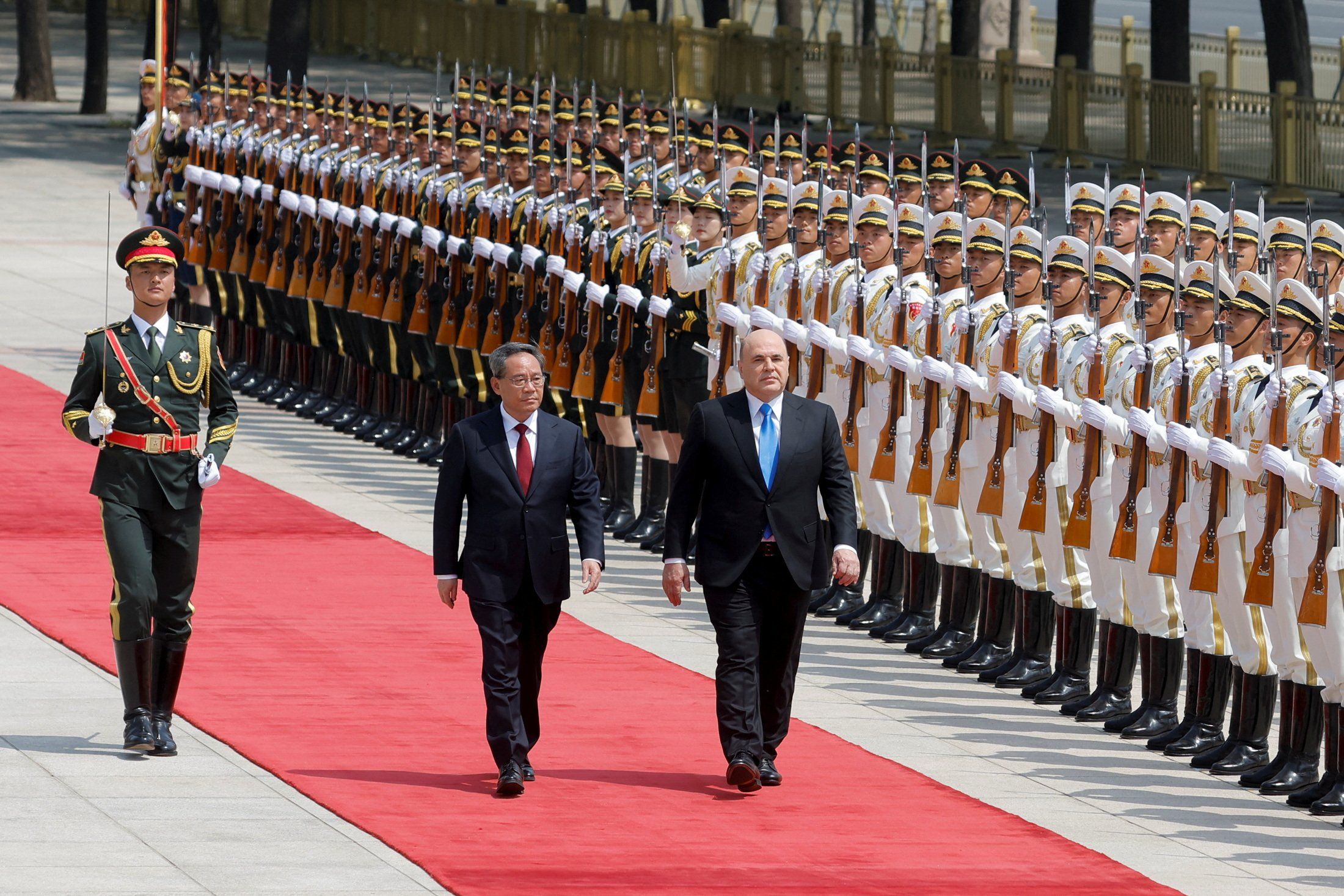So it’s not entirely surprising that Russia has arrested one of its top scientists for handing over information about hypersonics to its close friends in China. The scientist, Alexander Shiplyuk, says the info was public. The Kremlin says it was treason. The fact that Russian PM Mikhail Mishustin is currently visiting Beijing makes it all spicier.
What gives? Aren’t Russia and China friends? Yes, but while Beijing and Moscow share a deep disdain for US power, they’re still technological rivals. In recent years, Russia has arrested several scientists for allegedly passing secrets to China, even while broadening ties with China’s military and arms industry overall.
What’s more, Russia’s leaders have long feared being dwarfed by a much larger China. But now that the Kremlin no longer has European friends to play off of Beijing, Moscow may be even touchier about allowing China to gain advantages in cutting-edge weapons like supersonics, which can evade air defenses.
To be clear, it’s hardly unusual for even the closest of allies to spy on each other — remember when the US was listening to Angela Merkel’s phone calls? But the story of the hypersonic secrets is a reminder that for all the talk of a “friendship without limits,” there are some important boundaries in the Russia-China relationship after all.
More For You
1,170: The number of high-rise buildings in Kyiv that were left without heating following a barrage of Russian attacks last night on Ukraine’s capital and its energy facilities, per Kyiv Mayor Vitali Klitschko.
Most Popular
What We’re Watching: US critical minerals summit, Rafah crossing reopens, Border violence in Pakistan
U.S. President Donald Trump and Japanese Prime Minister Sanae Takaichi hold up signed documents regarding securing the supply of critical minerals and rare earths, at a bilateral meeting at Akasaka Palace in Tokyo, Japan, October 28, 2025.
Representatives from the European Union, United Kingdom, Japan, and others will meet in Washington this week to discuss a strategic alliance on critical minerals.
Hard numbers: Large protests in Czechia, UAE-linked firm has large stake in the president’s company, & More
80,000: The number of people estimated to be in the streets of Czechia on Sunday to show their support for President Petr Pavel after he blocked the nomination of an environmental minister who performed the Nazi salute and posted Nazi memorabilia.
The US has started handing $1,000 to the bank accounts of newborn babies. But can policies like this one help boost sagging birthrates in advanced democracies?
